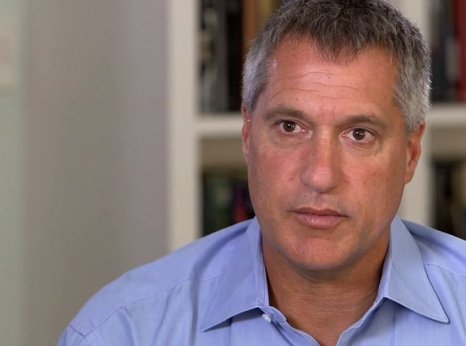USA: Environmental Lawyer Must Be Pardoned

USA President Biden leaves office on 20 January 2025, and this is the last chance under his administration we have to call for a pardon for Steven Donziger. Donziger first began his work for environmental justice in 1993, when he visited Ecuador and became part of the legal team representing victims of oil dumping in an emblematic case against Chevron Corporation, following accusations that the corporation was responsible for what is widely considered one of the worst oil related environmental disasters in contemporary history. In 2011, after years of judicial proceedings, a court in Ecuador found Chevron Corporation liable for causing serious environmental and health damage to the Amazon rainforest and the communities who lived there. The court determined that the corporation had deliberately discharged billions of gallons of oil waste onto Indigenous ancestral lands as a cost-saving measure and ordered to pay billions of dollars in damages.
After losing the case in Ecuador, Chevron moved all its assets out of the country to avoid paying damages and threatened the Ecuadorian victims with “a lifetime of litigation” unless they dropped their case. Chevron then filed a lawsuit in US federal court against all the plaintiffs named in the Ecuador lawsuit as well as Steven Donziger and other lawyers, non-governmental organizations and a number of experts who supported the case. The judicial proceedings that followed were marred by flaws that rendered Steven Donziger’s detention arbitrary, including a lack of impartiality by the courts, a disproportionate interference with his right to liberty imposed as a means of circumventing attorney/client privilege, and a deprivation of liberty that continued beyond the maximum period foreseen by the charges laid against him.
In 2019, the judge presiding over the civil case against Steven Donziger took the extraordinary decision to appoint a private law firm as special prosecutors over criminal contempt charges that the US Attorney’s Office for the Southern District of New York declined to pursue. On 6 August 2019, the judge presiding over the criminal contempt case ordered Steven Donziger to surrender his passport and submit to both GPS tracking and home confinement. The judicial process that led to Mr. Donziger’s detention was condemned by highly respected jurists in the USA and around the world. In 2021, the United Nations Working Group on Arbitrary Detention found that Mr. Donziger’s detention was arbitrary and therefore illegal under international law.
The UN Working Group on Arbitrary Detention is a group of independent experts appointed by the Human Rights Council mandated to investigate cases of deprivation of liberty imposed arbitrarily or inconsistently with international standards. The opinions of the Working Group are authoritative decisions from a UN expert mechanism and carry legal weight. The obligations contained in the international treaties which form the basis for the Working Groups decision are legally binding upon states party. The United States has been a state party to the International Covenant on Civil and Political Rights since 1992. Despite previous appeals and significant concern, there has been no response from the US government to implement the opinion of the Working Group. Yet, the situation for Mr. Donziger has only worsened as Chevron continues to escalate legal and public relations attacks against its opponents, exacerbating the pressing need for action. Chevron's ongoing efforts to avoid accountability for the egregious environmental damage it has caused in Ecuador and elsewhere also highlight the urgent need for intervention to correct this injustice.
The case against Mr. Donziger constitutes a SLAPP suit (Strategic Litigation Against Public Participation) that is intended to silence or intimidate those exposing wrongdoing. SLAPP suits often target journalists, human rights defenders, civil society organizations, activists or academics with the aim of silencing them and deterring other critical voices. SLAPP suits are not necessarily aimed at protecting the honor or reputation of an individual or a corporation, but rather to intimidate, tire and deplete the financial and psychological resources of their target. The cost of fighting these legal actions can put extreme financial and other pressure on human rights activists forcing them to repurpose the already limited funds and resources from their work to defending the lawsuit. The litigation is often also successful in diverting the attention from the environmental or human rights issue to the legal defamation case itself.